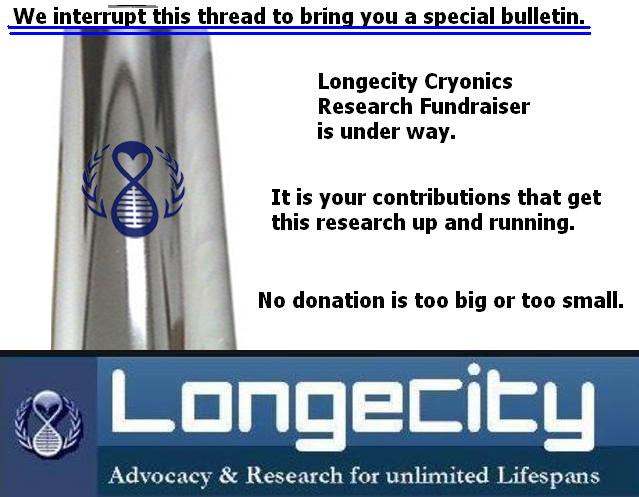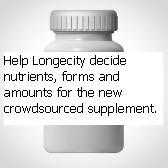Hi matter_of_time
I would certainly like more details.
Is it a level teaspoon or a heaped teaspoon and is there any possibility of getting the weight in grams. How much do you weigh and for how long have you been taking MgT?
Are you mixing it with water or what. Do you notice a laxative effect.
Most importantly, has there been any change in your ability to memorize or recall things? If this is happening can you pleas give examples,
There are a lot of people who are very interested in your answers.
Thanks
Actually i've noticed a laxative effect. Is there a reason that it would produce this?



















































